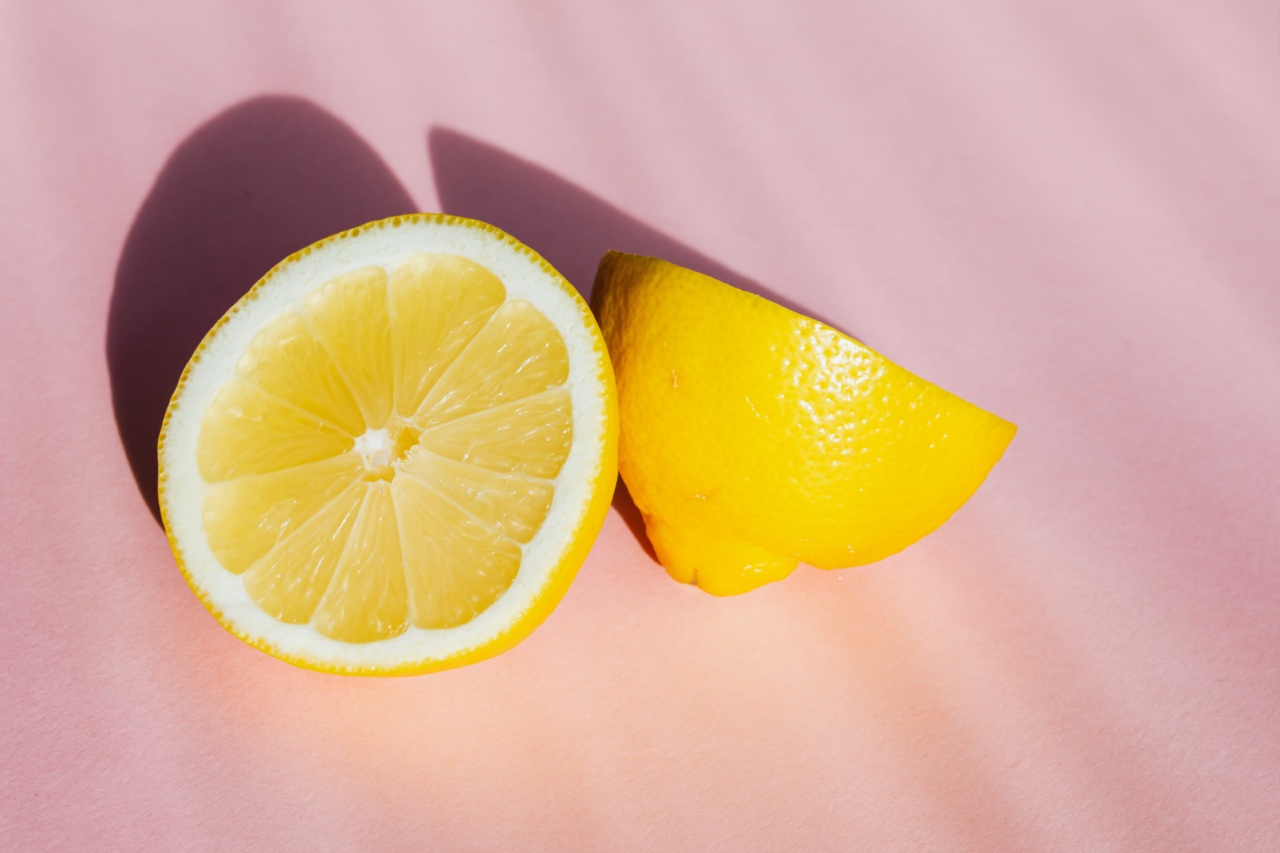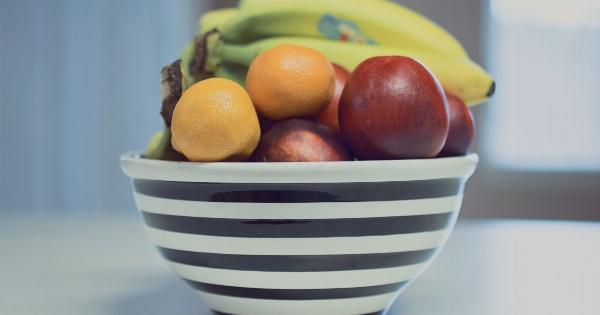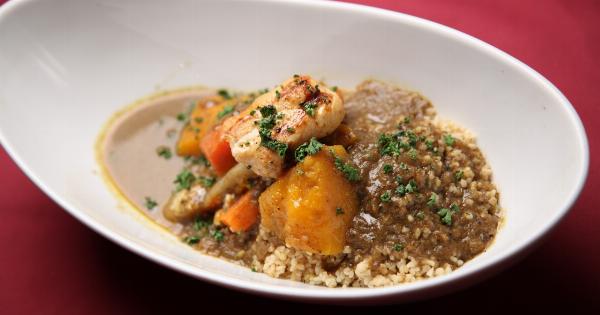As a parent, ensuring your baby is well-fed and nourished is an important aspect of their growth.
In the first year of a baby’s life, they develop rapidly both physically and mentally, so it is essential to provide them with the right nutrients to support their growth and development. Below are the top 30 must-have foods for your baby’s diet under the age of one.
1. Breast Milk
Breast milk is the best food for babies, especially for those under the age of six months. It is filled with antibodies and essential nutrients required for the growth and development of a baby’s immune system.
2. Infant Formula
If a mother is unable to breastfeed, infant formula is the best alternative. It is designed to mimic the nutrients found in breast milk and is an excellent source of nutrition for babies under the age of one.
3. Oatmeal
Oatmeal is a valuable source of nutrients such as protein, iron, and zinc, and can be introduced into your baby’s diet at around six months of age. It is also rich in fiber, which helps with digestion and prevents constipation.
4. Sweet Potato
Sweet potatoes are high in vitamin A, which supports eye health, and they are also a good source of fiber and potassium. They can be boiled or steamed and mashed into a puree consistency for your baby to enjoy.
5. Avocado
Avocado is a nutrient-dense food rich in healthy fats, fiber, and potassium. It can be mashed and added to other foods or served alone as a puree for babies over six months old.
6. Banana
Bananas are a good source of potassium, vitamin B6, and vitamin C, and they have a natural sweetness that babies love. They can be mashed and added to other foods or served alone as a puree for babies over four months old.
7. Butternut Squash
Butternut squash is high in vitamin A and potassium and low in calories, making it an excellent addition to your baby’s diet. It can be baked or steamed and mashed into a smooth puree for your baby to enjoy.
8. Carrots
Carrots are high in beta-carotene and vitamin A, which supports eye health and immune function. They can be steamed and then mashed or pureed for your baby to enjoy.
9. Green Beans
Green beans are rich in vitamin A and vitamin C and are a good source of fiber. They can be steamed and mashed or pureed for your baby to enjoy.
10. Peas
Peas are high in protein, iron, and vitamin A and can be pureed or mashed into a smooth consistency for your baby. They are also a good source of fiber and can help relieve constipation.
11. Spinach
Spinach is a good source of iron, vitamin A, and folate. It can be steamed and then pureed or mashed for your baby to enjoy.
12. Broccoli
Broccoli is high in vitamin C, vitamin K, and potassium, and is another great addition to your baby’s diet. It can be steamed and mashed or pureed for your baby to enjoy.
13. Applesauce
Applesauce is high in fiber and is a good source of vitamin C. It can be served alone or mixed with other fruits or vegetables for added nutrition.
14. Pears
Pears are a good source of vitamin C and fiber and are gentle on a baby’s digestive system. They can be boiled or steamed and mashed into a puree for your baby to enjoy.
15. Prunes
Prunes are high in fiber and can be helpful in preventing or relieving constipation in babies. They can be mashed and added to other foods or served alone as a puree for babies over four months old.
16. Chicken
Chicken is a good source of protein for babies and can be introduced to your baby’s diet around six months of age. It can be boiled and shredded into small pieces for easy consumption.
17. Turkey
Turkey is high in protein and can be introduced into your baby’s diet around six months of age. It can be boiled and shredded into small pieces for easy consumption.
18. Beef
Beef is high in iron and zinc, which support the growth and development of a baby’s immune system. It can be boiled and shredded into small pieces for easy consumption.
19. Salmon
Salmon is an excellent source of omega-3 fatty acids, which support brain and eye development. It can be steamed or baked and mashed into a puree for your baby to enjoy.
20. Cod
Cod is another great source of omega-3 fatty acids and can be introduced to your baby’s diet around six months of age. It can be boiled or steamed and mashed into a puree for your baby to enjoy.
21. Lentils
Lentils are a good source of protein and iron and can be beneficial in preventing anemia. They can be boiled and mashed into a puree for your baby to enjoy.
22. Tofu
Tofu is rich in protein and calcium and can be introduced to your baby’s diet around eight months of age. It can be boiled and mashed or cut into small pieces for your baby to enjoy.
23. Yogurt
Yogurt is a good source of calcium and protein and can be incorporated into your baby’s diet around eight months of age. It can be served alone or mixed with other fruits or pureed vegetables.
24. Cheese
Cheese is high in calcium and can be introduced to your baby’s diet around eight months of age. It can be served in small pieces or grated and mixed with other foods.
25. Rice
Rice is a good source of carbohydrates and can be introduced to your baby’s diet around six months of age. It can be boiled and mashed into a puree or cooked and served in small pieces.
26. Quinoa
Quinoa is a good source of protein and fiber and can be introduced to your baby’s diet around eight months of age. It can be boiled and mashed or served in small pieces.
27. Brown Rice Pasta
Brown rice pasta is a good alternative to regular pasta for babies with gluten sensitivities. It can be boiled and served in small pieces or mashed into a puree for your baby to enjoy.
28. Whole Wheat Bread
Whole wheat bread is high in fiber and can be introduced to your baby’s diet around eight months of age. It can be cut into small pieces or mashed into a puree for your baby to enjoy.
29. Coconut Milk
Coconut milk is a good alternative to cow’s milk for babies with lactose intolerance. It is high in fat and calories and can be introduced to your baby’s diet around eight months of age.
30. Water
Water is essential for hydration, especially as babies transition from breast milk or formula to solid foods. It is safe to introduce water into your baby’s diet after six months of age, and it should be served in a sippy cup or open cup.



























